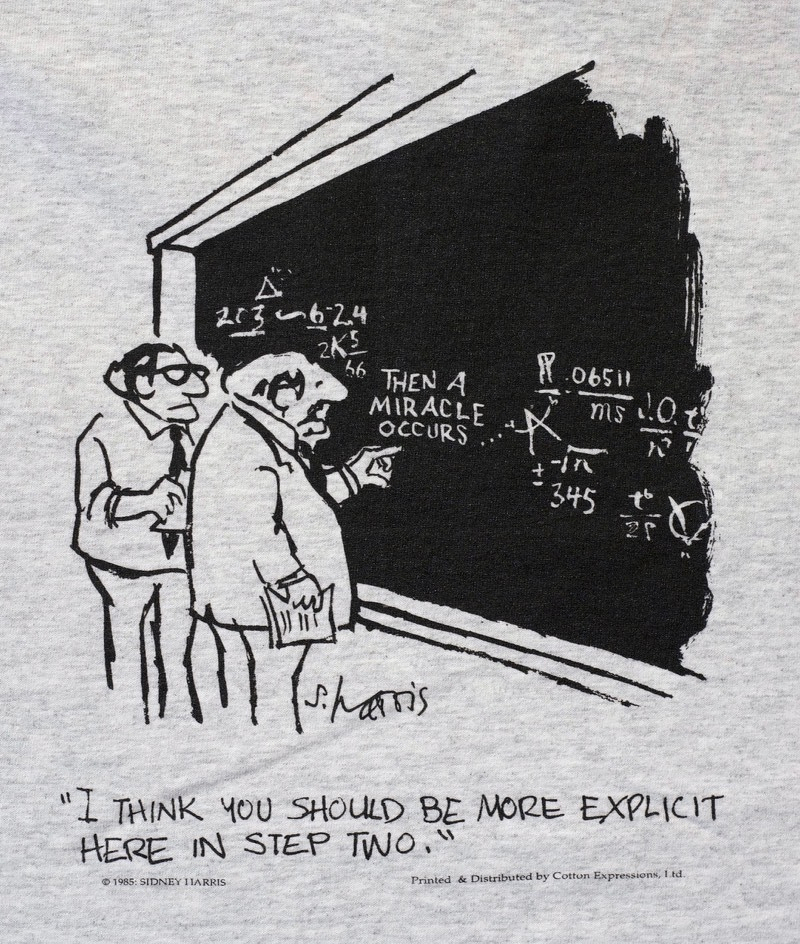I’ve been trying to tutor Angus in the need for a sober and reflective Lent, but I don’t think he’s getting the concept.

The current POTUS issues a great many insults, but his linguistic capabilities are extremely limited, so he simply recirculates the same handful of vague descriptors: “loser,” “weak,” “traitor.” How dull. Let’s remember that American politicians used to have some skill in the art of invective. For instance, here, from 115 years ago, is Hiram Johnson, the Governor of California, on the publisher of the Los Angeles Times:
In the city of San Francisco we have drunk to the very dregs of infamy. We have had vile officials, we have had rotten newspapers. But we have had nothing so vile, nothing so low, nothing so debased, nothing so infamous in San Francisco as Harrison Gray Otis. He sits there in senile dementia with gangrene heart and rotting brain, grimacing at every reform, chattering impotently at all the things that are decent, frothing, fuming, violently gibbering, going down to his grave in snarling infamy. This man Otis is the one blot on the banner of southern California; he is the bar sinister on your escutcheon. My friends, he is the one thing that all Californians look at when, in looking at southern California, they see anything that is disgraceful, depraved, corrupt, crooked, and putrescent — that, that is Harrison Gray Otis!
In church yesterday we began the service with the Great Litany. As the choir repeatedly circled the congregation, with our music minister chanting the versicles and all of us responding to them, I felt myself part of a much larger phenomenon, the penitential procession of the whole Church as we enter Lent. Good Lord, deliver us … We beseech thee to hear us, good Lord … Son of God, we beseech thee to hear us.
I can’t remember whether my review of a collection of poems by Czeslaw Miłosz has previously been liberated from its paywall, but it’s free to read now.
It’s a weird time, to say the very least, to be putting out a book about curiosity and wonder and freedom and fun and humor and imperfection and magic. But it’s also a time when, I think, we could desperately use those things in our lives. Watching my kids draw and make music and come alive to the world unlocked something in me that I’ve been trying to get into book form for over 10 years.

I keep hearing AI advocates say that the universal deployment of AI will create a “productivity explosion” and “unprecedented wealth creation” and will “end poverty.” All I want to know is: How? How will the money made by the big AI companies end up in the pockets of the poor? I’m not even asking for a plausible scenario — I’d be happy to see any scenario at all, anything more than “THEN A MIRACLE OCCURS.”
By me: Blow-Up: A Parable
I’m pleased to say that I will be editing another volume in the Auden Critical Editions series: the 1951 collection Nones.

So pleased to see Philip Hensher’s rave review of Francis Spufford’s Nonesuch. I had the privilege of reading Nonesuch during the process of composition, and let me tell you, it’s everything Hensher says it is. What a book.
See also Andrew Motion’s review in the TLS: “These themes converge on a similar point. They all concern the possibility of transfiguration – the likelihood that apparently stable forms, stable feelings and stable concepts, including everything from love to money to time itself, are less predictable than people like to think. Is this Francis Spufford’s way of arguing the merits of unprovable faith in non-human interventions (he has written a book about his own Christianity) while also entertaining his readers with a jolly romp? Possibly. In all events, the distinction of his book is that it conveys by all manner of means the pleasures of finding the unexpected within the predictable.”
Can’t imagine a better Lenten endeavor than to read and reflect on Matt Milliner’s close encounter of the chatbot kind.
Pieter Bruegel the Elder, The Fight Between Carnival and Lent. Very large version here. As Auden reminds us, one of the most noteworthy elements of these crowded Bruegel paintings is the depiction of people going about their own business, completely oblivious to whatever theme or topic the painting is supposed to be depicting.


Currently reading: Why I Am Not an Atheist: The Confessions of a Skeptical Believer by Christopher Beha 📚
Mary Elizabeth Groom’s engravings from the 1937 Golden Cockerel Press edition of Milton’s Paradise Lost:

Last week I announced to my BMAC supporters that I’ll be severely curtailing my Big Blog for the foreseeable future, but I’ve discovered that I have a few drafts of essays — nearly finished or else complete but with no obvious home — that I could post. So one of those went up today: it’s on making movies and making war. I wrote it after reading Dan Wang’s Breakneck.
I’m grateful to Amanda Patchin for this generous review of my Paradise Lost biography.
Thinking of buying this house — I mean, how much could it cost?
I often think of a passage from David Foster Wallace’s famous essay on television, “E Unibus Pluram,” in relation to our current media environment:
TV is the epitome of Low Art in its desire to appeal to and enjoy the attention of unprecedented numbers of people. But it is not Low because it is vulgar or prurient or dumb. Television is often all these things, but this is a logical function of its need to attract and please Audience. And I’m not saying that television is vulgar and dumb because the people who compose Audience are vulgar and dumb. Television is the way it is simply because people tend to be extremely similar in their vulgar and prurient and dumb interests and wildly different in their refined and aesthetic and noble interests.
I would rather call it Writers for Writing, but sure, sign me up.


